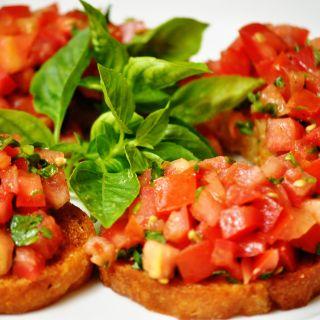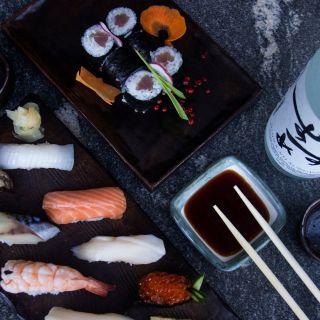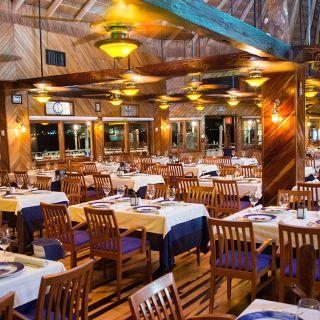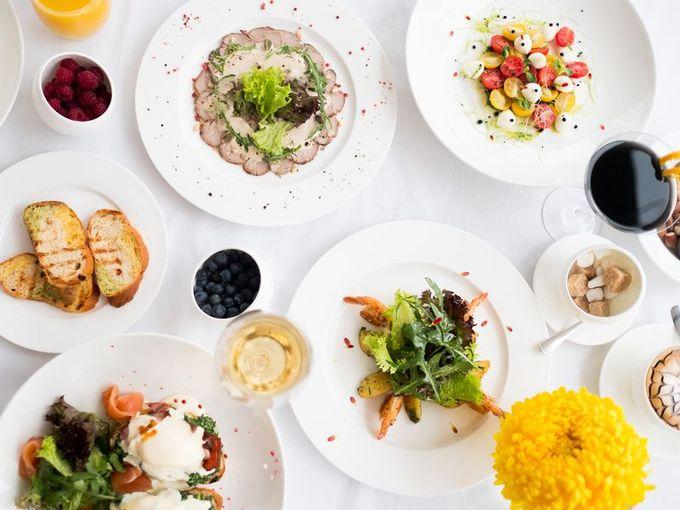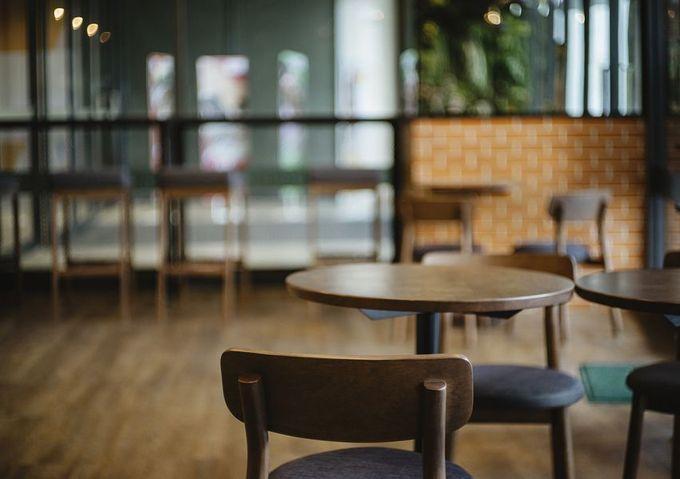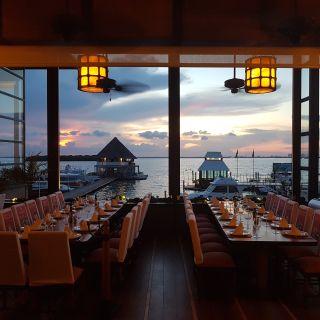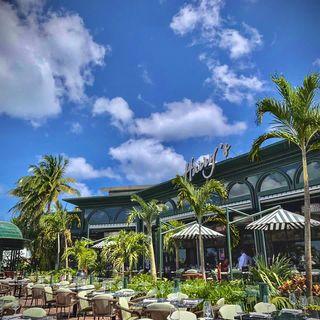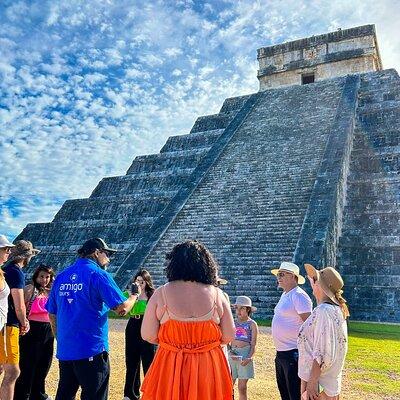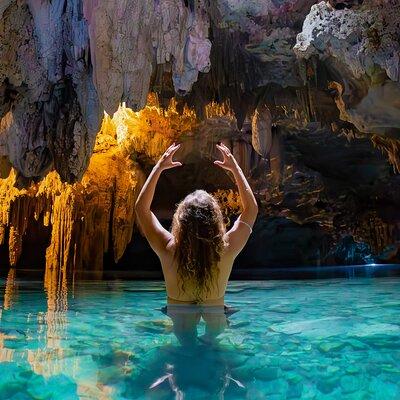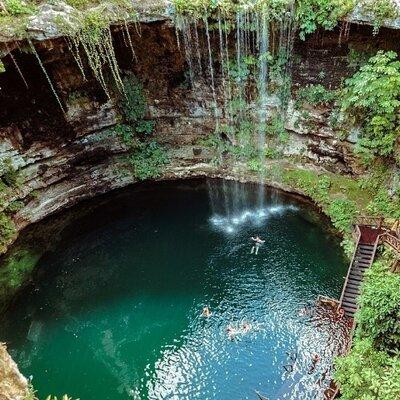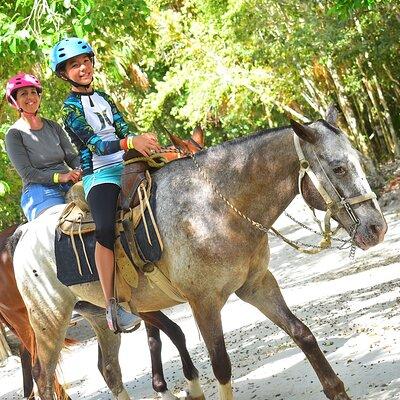
Cancún today is a leisure destination for families, honeymooners, spring breakers and adventurers alike, welcoming more than 4 million tourists each year. Its prime location — at the northeastern tip of Mexico’s Yucatan Peninsula — gives travelers a taste of both the Caribbean and Mexico, along with plenty of American comforts. The English language is commonplace in Cancún, although Spanish might be spoken first. Dollars are routinely accepted, and stateside franchises like Starbucks are fairly easy to find. Learn More...
